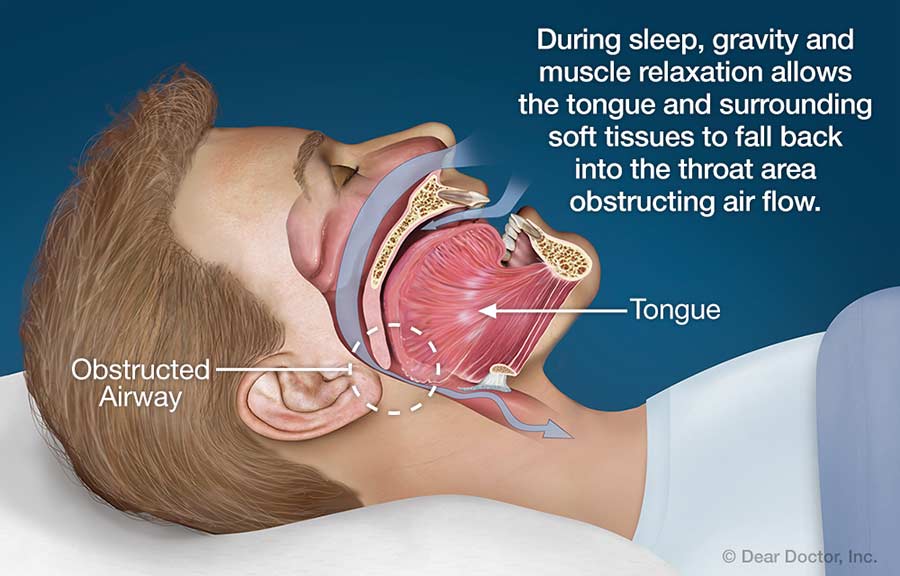My Teeth Keep Breaking
The frustration and concern that comes with experiencing recurring tooth breakage can be overwhelming. It’s a problem that not only affects oral health but can also impact self-confidence and overall well-being. Understanding the reasons behind this issue is crucial for finding the right solutions. Let’s delve into the possible causes and explore the paths to prevention and treatment.
Causes of Repeated Tooth Breakage
Tooth breakage, or tooth fracture, can occur due to various reasons. Some of the most common causes include:
- Weakened Tooth Structure: Teeth that have undergone significant decay, large fillings, or root canal treatments can be more susceptible to breakage. The natural structure of the tooth is compromised, making it weaker.
- Bruxism: Grinding or clenching your teeth, often unconsciously during sleep, can put excessive stress on the teeth, leading to fractures over time.
- Trauma: Accidents, sports injuries, or any form of physical trauma to the mouth can cause teeth to break.
- Poor Bite or Alignment: If the upper and lower teeth do not align properly, it can put uneven pressure on some teeth, leading to increased risk of breakage.
- Diet: Consuming hard foods or using teeth as tools (e.g., to open packages) can also weaken or directly damage teeth.
- Genetic Factors: In some cases, the enamel may be naturally weaker due to genetic predispositions.
- Aging: As we age, our teeth naturally become more brittle and susceptible to fractures.
Prevention Strategies
While some causes of tooth breakage can’t be completely eliminated, there are steps you can take to reduce the risk:
- Practice Good Oral Hygiene: Regular brushing, flossing, and dental check-ups can help identify and treat problems early, reducing the risk of tooth breakage.
- Wear a Mouthguard: If you participate in sports or activities that could lead to mouth injuries, wearing a mouthguard can protect your teeth.
- Use a Night Guard: For individuals with bruxism, a night guard can help reduce the impact of grinding and clenching during sleep.
- Eat a Balanced Diet: Avoid excessive consumption of hard or sticky foods. A balanced diet rich in calcium and vitamins can help keep your teeth strong.
- Avoid Using Teeth as Tools: Refrain from using your teeth to open packages, bite nails, or perform other non-eating tasks.
Treatment Options
If you’ve experienced tooth breakage, seeking dental care promptly is essential to prevent further complications, such as infection or the need for more extensive treatments. Possible treatments include:
- Dental Fillings: For small fractures, fillings can repair the tooth.
- Crowns: A crown can cap the tooth, restoring its shape, strength, and appearance.
- Root Canal Therapy: If the fracture has exposed the pulp, a root canal may be necessary to remove the damaged pulp and seal the tooth.
- Extraction: In severe cases, if the tooth cannot be saved, extraction followed by a dental implant, bridge, or denture can replace the missing tooth.
Conclusion
Recurring tooth breakage is a significant issue that requires a combination of preventive measures and professional dental care. By understanding the causes and taking proactive steps, you can reduce your risk of tooth fractures. Regular dental visits are crucial for maintaining oral health and addressing any potential issues before they escalate. Remember, each tooth is precious, and with the right care, you can enjoy a healthy, confident smile for years to come.
What are the symptoms of a fractured tooth?
+Symptoms can include sharp pain when releasing bite pressure, pain when eating or drinking, or sudden sensitivity to hot or cold foods and liquids. Sometimes, a fractured tooth may not exhibit symptoms immediately.
How can I tell if a tooth fracture is severe?
+A severe tooth fracture may expose the dentin or pulp, leading to significant sensitivity or pain. Visible cracks or chips in the tooth can also indicate a severe fracture. If you suspect a severe fracture, it's crucial to see a dentist as soon as possible to prevent infection or abscesses.
Can tooth fractures be prevented?
+While not all fractures can be prevented, practicing good oral hygiene, avoiding hard foods, wearing protective mouthguards during sports, and managing bruxism can significantly reduce the risk of tooth fractures.
By acknowledging the importance of preventive care and seeking professional advice, you’re well on your way to managing and preventing tooth breakage, ensuring a healthier, happier smile.


